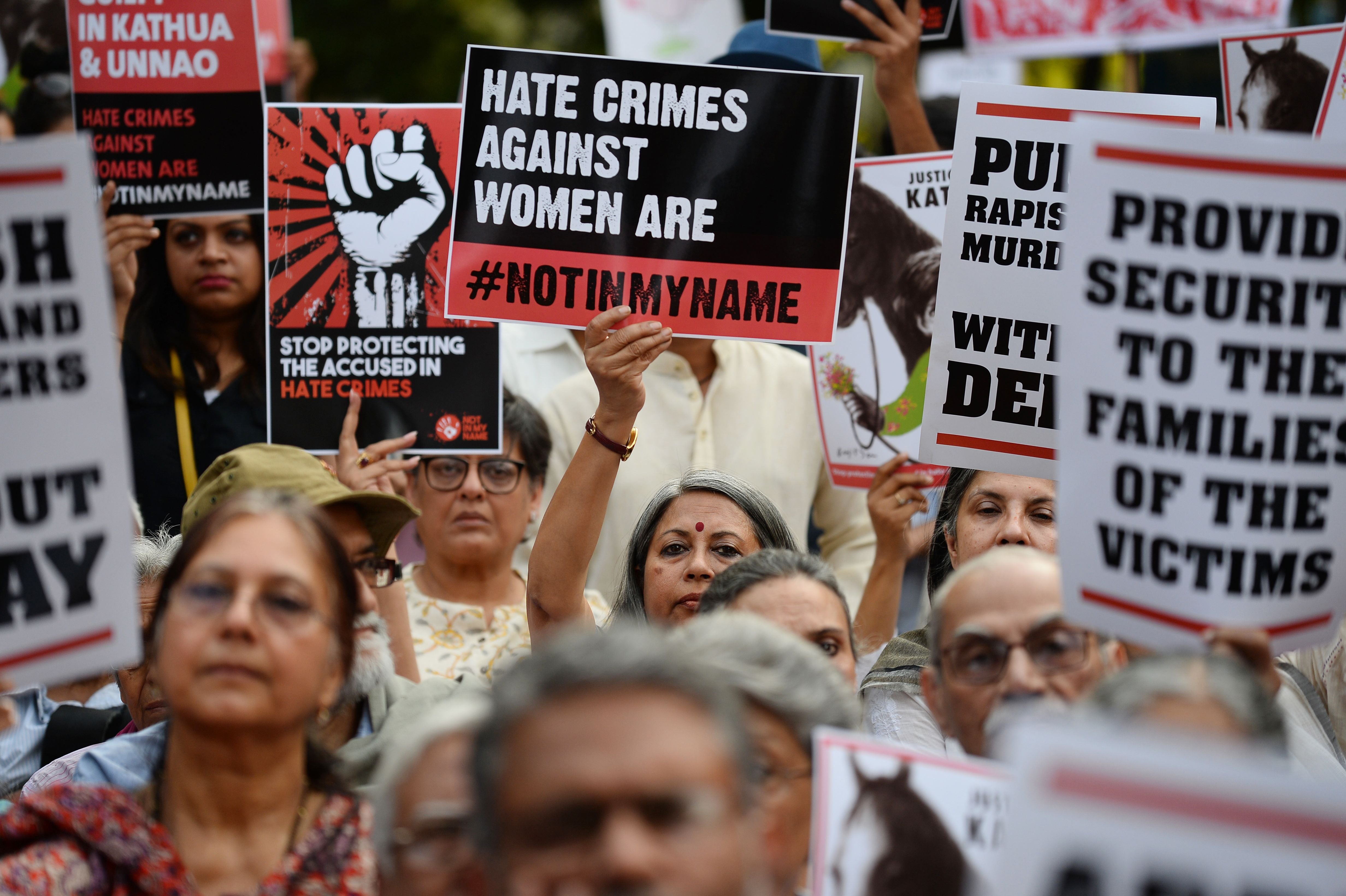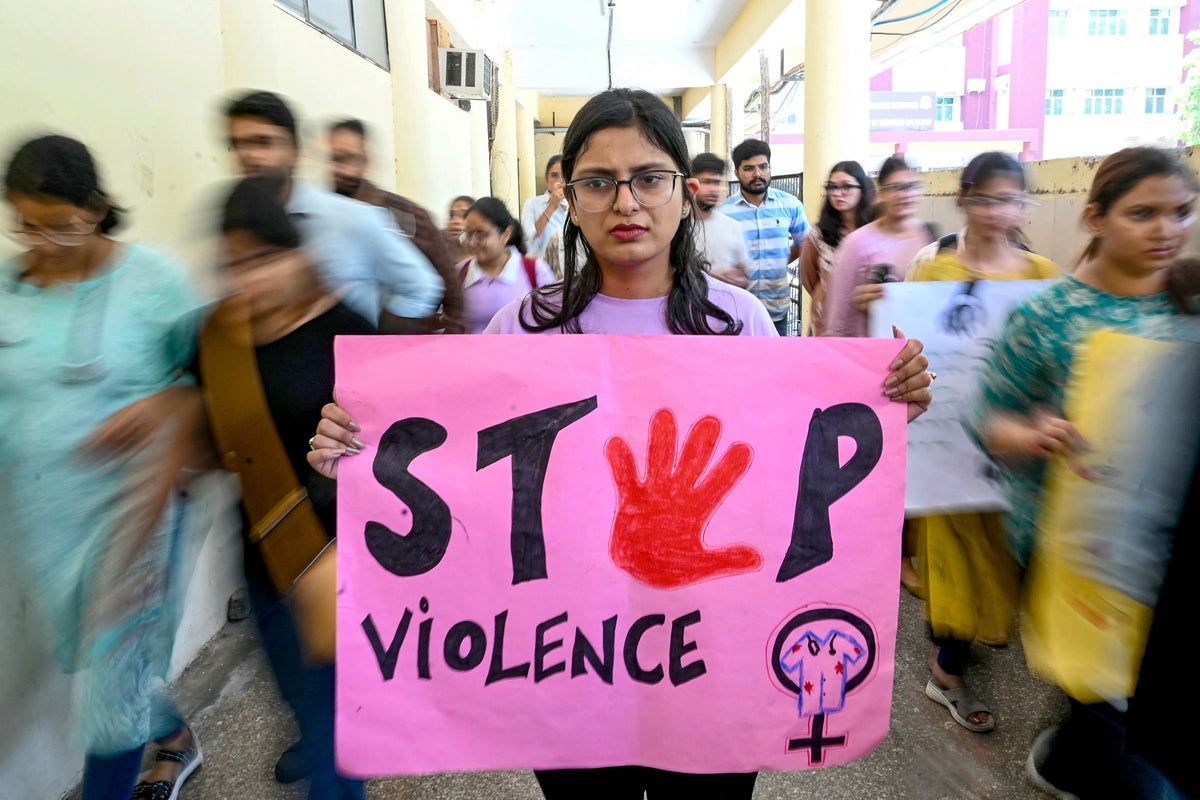India’s Supreme Court has warned lower court judges against using derogatory language and making insensitive comments in cases about sexual violence against women.
The warning comes after the Allahabad High Court claimed last month that groping a minor and breaking her pyjama string did not amount to attempted rape.
The ruling in India’s most populous state of Uttar Pradesh was based on the argument that “attempt to rape” was different from “preparation”, Live Law reported.
It led to outrage in India.
Separately, a judge at the same court granted bail to a rape accused while arguing that the survivor had “invited trouble” and was “responsible for the same”.
The two-judge Supreme Court bench of Justice Bhushan Ramkrishna Gavai and Justice Augustine George Masih described the 17 March order as “shocking”, especially since it was not delivered on the spur of the moment but had been well thought through after being reserved for four months.
Justice Gavai said: “What is happening in this High Court? Now this is another judge from the same High Court saying such things… Why make all these observations?”
Adding: “One has to be very careful with these cases which are so sensitive.”

Tushar Mehta, the solicitor-general of India, said: “Justice should not only be done, but seen to be done. What will the common man perceive from these remarks?”
In the case relating to the groping of a child, Justice Ram Manohar Narayan Mishra of the Allahabad High Court ruled that the two accused could at most be charged with “outraging of modesty”.
The prosecution argued that the accused had offered a lift to the minor on their bike, and then assaulted her before fleeing after being spotted by passersby. The accused denied the allegations.
“The action in question, committed with clear sexual intent, are direct steps in furtherance of rape and should not be dismissed as mere ‘outraging of modesty’,” read the petition filed by the minor’s mother along with an non-profit GO, Just Rights for Children Alliance, The Hindu reported.
“It is submitted the respondents [accused] did not stop committing the crime voluntarily, rather they were forced to flee the scene only on the sudden intervention of passersby.”



